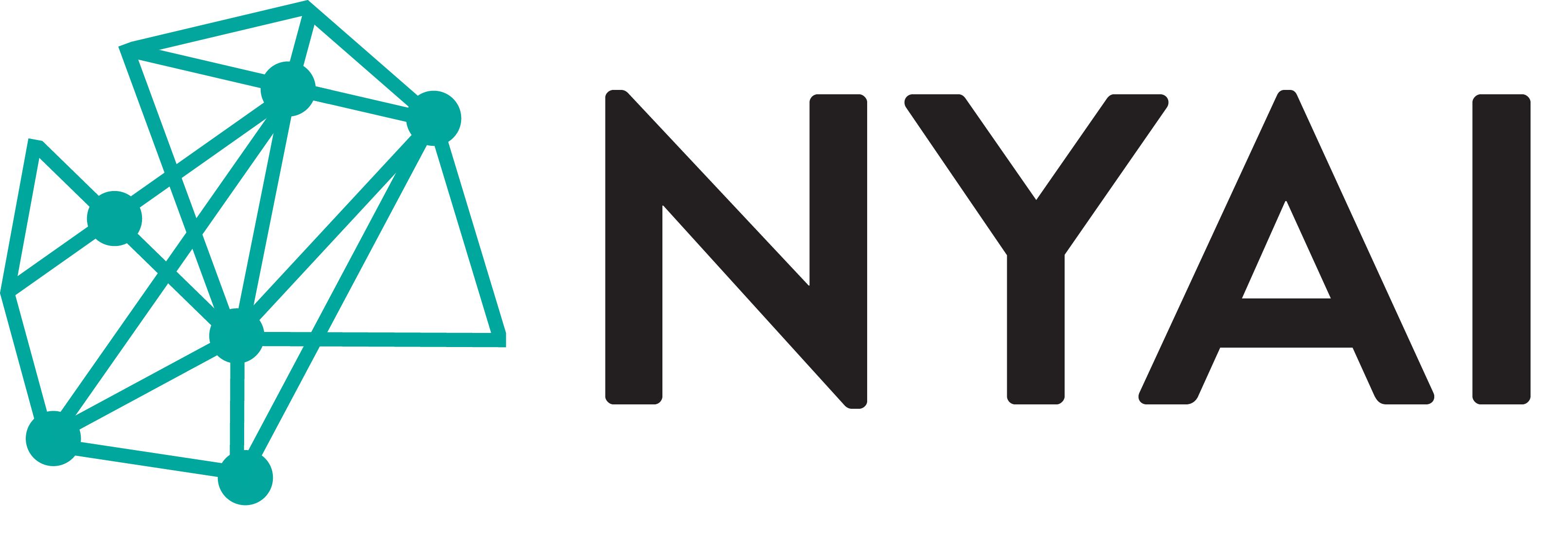
Federated Learning: Machine Learning on Edge Devices
Federated learning enables us to build machine learning models using data collected by edge devices like smartphones and IoT devices, without moving data off the device. This minimizes concerns about privacy, data regulation, bandwidth, and storage, while providing similar results as centralized models. Examples include predictive text on cell phones, a person’s engagement with their own photos, and machine learning in the browser applied to corporate text archives such as a team Slack or Google Drive, and ML on low-powered field devices in energy, agriculture and logistics.
The principles of data minimization established by the GDPR and the prevalence of smart sensors makes these use cases more common, and the advantages of federated learning more compelling. In this talk we’ll cover the algorithmic solutions and the product opportunities.
READING MATERIALS:
1) Federated Learning: Machine Learning with Privacy on the Edge (from Cloudera Fast Forward Labs)
2) Federated Learning Collaborative (from Google)
RESOURCES MENTIONED AT EVENT:
Legal Tech Blogs:
Artificial Lawyer (www.artificiallawyer.com)
The Algorithmic Society (www.medium.com/the-
algorithmic-society) 3 Geeks and a Law Blog (www.geeklawblog.com)
CyberInsecurity (www.cyberinsecuritynews.com)
AI bias books (recommended by Dauna Williams):
Algorithms of Oppression: How Search Engines Reinforce Racism (Noble, Safiya Umoja)
Weapons of Math Destruction: How Big Data Increases Inequality and Threatens Democracy (O’Neil, Cathy)
Technically Wrong: Sexist Apps, Biased Algorithms, and Other Threats of Toxic Tech (Wachter-Boettcher, Sara)
The Black Box Society: The Secret Algorithms That Control Money and Information (Pasquale, Frank)
Automating Inequality: How High-Tech Tools Profile, Police, and Punish the Poor (Eubanks, Virginia)
Uberland: How Algorithms Are Rewriting the Rules of Work (Rosenblat, Alex)

About the Speakers

Alice Albrecht is a research engineer at Cloudera Fast Forward Labs. She spends her days researching the latest and greatest in machine learning and artificial intelligence and bringing that knowledge to working prototypes and delivering concrete advice for clients. Prior to joining Fast Forward Labs, Alice worked in both finance and technology companies as a practicing data scientist, data science leader, and – most recently – a data product manager. In addition to teaching machines to do cool things, Alice is passionate about mentoring and helping others grow in their careers. Alice holds a PhD from Yale in cognitive neuroscience where she studied how humans summarize sensory information from the world around them and the neural substrates that underlie those summaries.

Dauna Williams, of counsel with Burgher Gray, LLP in New York City, heads BurgherGray’s Technology, Privacy and Intellectual Property team. She has over 30 year years of experience, leading both Fortune 50 in-house and in law firm intellectual property and technology practices. Dauna has handled complex commercial transactions, intellectual property, technology, privacy, data protection, advertising, marketing, legal risk management and compliance, and corporate formation and governance matters. With her diversity of experience, she has led multiple strategic technology and intellectual property initiatives for global financial services companies, as well as served as outside general counsel for startups and small-to-medium enterprises. Dauna has an A.B. from Brown University, and a J.D. from Harvard University.

Sabtain is a product manager at IBM Watson, leading the Visual Recognition service. An alumni of Michigan State University, he has a background in product, user experience, design, finance and is an avid reader.
Previous Event Photos












Presented by




